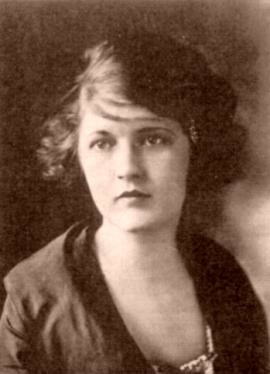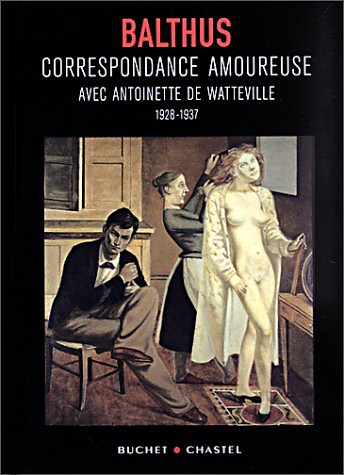[Youtube=http://www.youtube.com/watch?v=SFe2YFPUa7M]
Category Archives: love
She loves the alcohol on my lips
In the history of co-dependent relationships there is Hans and Unica, there is Scott and Zelda.
Zelda Fitzgerald
Of his relationship with Zelda, Scott says:
“Perhaps fifty percent of our friends and relations will tell you in good faith that it was my drinking that drove Zelda mad, and the other half would assure you that it was her madness that drove me to drink. Neither of these judgements means much of anything. These two groups of friends and relations would be unanimous in saying that each of us would have been much better off without the other. The irony is that we have never been more in love with each other in all our lives. She loves the alcohol on my lips. I cherish her most extravagant hallucinations. In the end, nothing really had much importance. We destroyed ourselves. But in all honesty, I never thought we destroyed each other.”
Inspired by the chapter “1874: Three Novellas, or “What Happened?”” in Gilles Deleuze Félix Guattari‘s A Thousand Plateaus (which begins with an illustration by Outcault). The chapter features the short stories/novellas “In the Cage” by Henry James, “The Crack-up” by F. Scott Fitzgerald and “The Story of the Abyss and the Spyglass” by Pierrette Fleutiaux and begins with an analysis of the difference between the short story (nouvelle in the original French version, rendered as novella in Brian Massumi‘s translation) and the tale:
- “It is not very difficult to determine the essence of the [short story] as a literary genre: Everything is organized around the question, “What happened? Whatever could have happened?” The tale is the opposite of the [short story], because it is an altogether different question that the reader asks with bated breath: “What is going to happen?” . . . Something always happens in the novel also, but the novel integrates elements of the [short story] and the tale into the variation of its perpetual living present.”
Cherchez la femme
Correspondance amoureuse avec Antoinette de Watteville (1928-1937) (2001)
Balthus and Gin (a young Belgian diplomat) fight over the love of the lovely but fickle Antoinette de Watteville, who can’t make up her mind. After many adventures, the young Swiss noblewoman settles on the painter. Two hundred and forty letters make up this veritable epistolary novel of passion, fury and tears. But these pages are also a chance to discover Balthus in his own words (during these decisive years, he painted three of his masterpieces; “La Rue”, “La Leçon de guitare” and “La Montagne”). Writing to Antoinette, Balthus defends his choices, his conception of painting, his interest in the erotic… He talks of theatre and literature. He evokes his friends: Antonin Artaud, Pierre-Jean Jouve, Michel Leyris, Rainer Maria Rilke. He gets annoyed with the world, which is slowly tipping into a generalized and murdering madness. He suffers endless money worries, and faced with Antoinette’s hesitations, he attempts to take his own life… This correspondence was prepared by Balthus and Antoinette de Watteville’s children, Thadée and Stanislas. Sketches, photographs, notes, and a foreword written by the couple’s sons complete this edition of this moving correspondence — a darkly romantic love story that publicly bares the extraordinary painter’s heart for the first time.
The painting on the cover is La Toilette de Cathy.
Shall I Compare Thee To A Summer’s Day?
World dance music classics #4
[Youtube=http://www.youtube.com/watch?v=9BGi8u8BtaA]
This Is Not a Love Song (1983) – Public Image Ltd
This Is Not A Love Song is a 1983 of the group Public Image Ltd.. It was written by Johnny Rotten, vocalist of Public Image Ltd. and the Sex Pistols and featured on the album This Is What You Want… This Is What You Get.
See previous entries in this series.
World cinema classics #2
[Youtube=http://www.youtube.com/watch?v=UoVYXwMkr0U]
Before Sunrise (United States, 1995)
I had forgotten about this film, a love story, not cheesy. Aside from walking and talking, not much happens. The film starts with Jesse meeting Celine on a train to Paris. Celine is reading a Georges Bataille anthology: Madame Edwarda, The Dead Man, Story of the Eye. Jesse has actor Klaus Kinski’s autobiography, All I Need Is Love. They strike a conversation. Jesse is going to Vienna whereas Celine is on her way to Paris after visiting her grandmother. When they reach Vienna, Jesse asks Celine to accompany him in Vienna.


